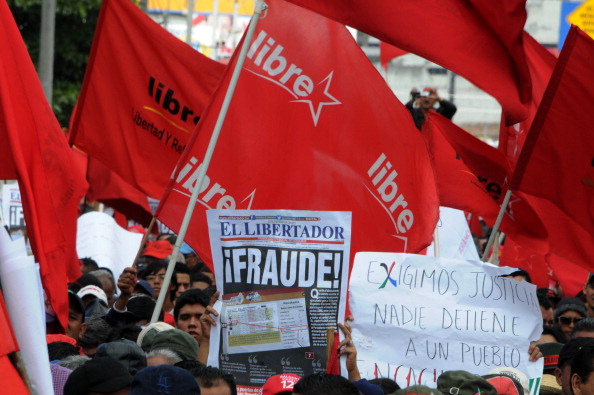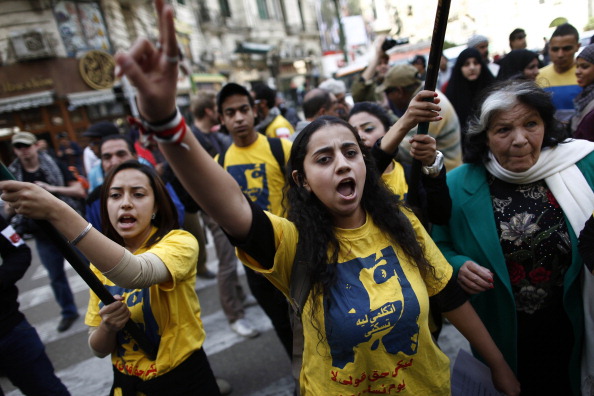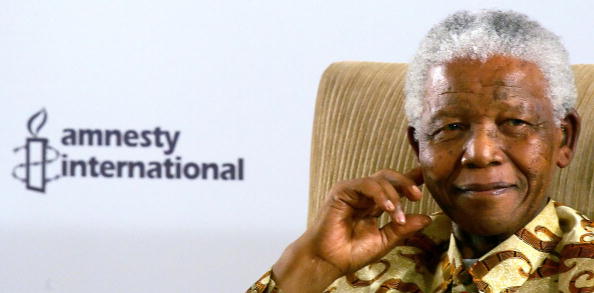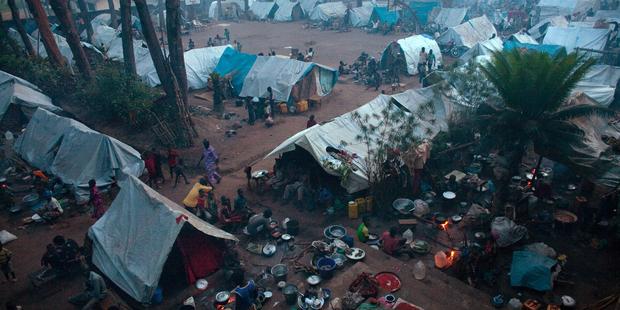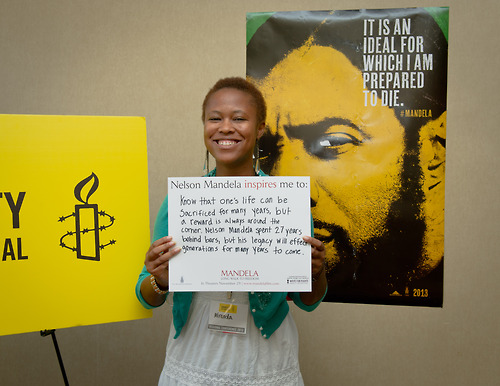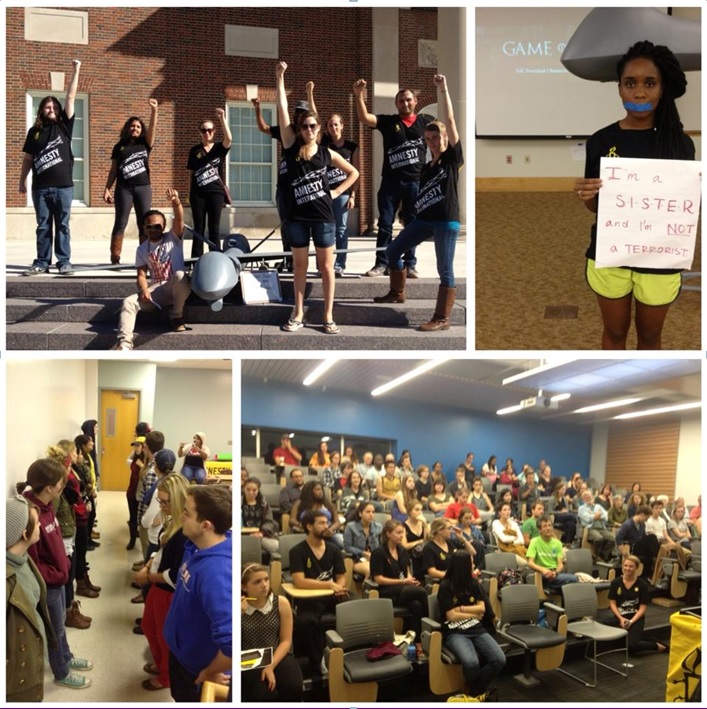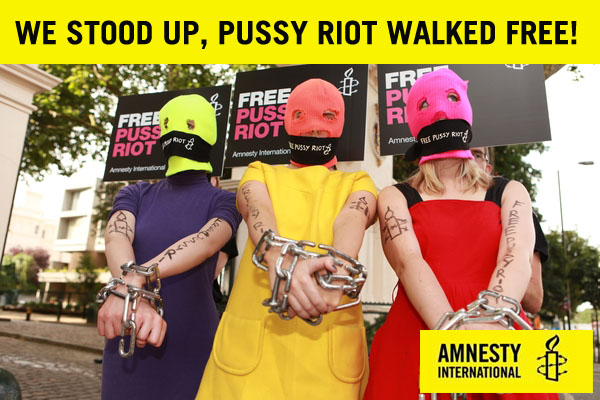
The imprisoned members of Pussy Riot have been freed! Today, Nadezhda “Nadya” Tolokonnikova and Maria “Masha” Alyokhinam of the Russian feminist punk group, were officially released in compliance with a new amnesty bill approved by the Russian parliament.
This is great news (though it does not end the struggle for human rights in Russia)!
From the early days following the arrests of three Pussy Riot members (Nadya, Masha and a third member, Ekaterina “Katya” Samutsevich) for performing a protest song at Christ the Savior Cathedral in Moscow, Amnesty International has been involved in the effort to unconditionally free the punk rockers!
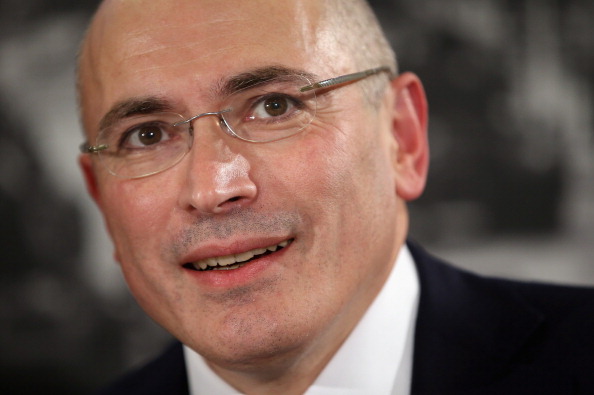
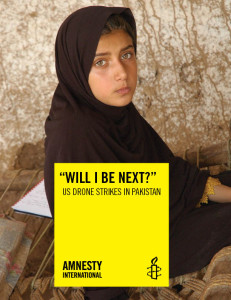 By Pratap Chatterjee, executive director of
By Pratap Chatterjee, executive director of 